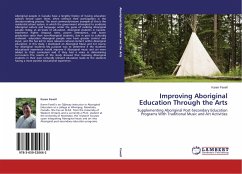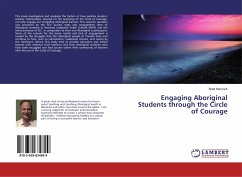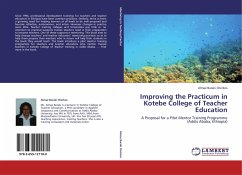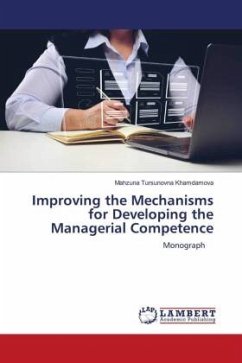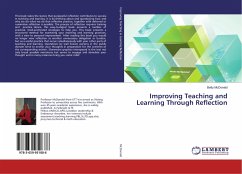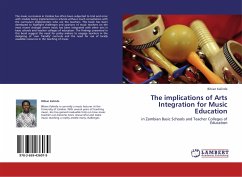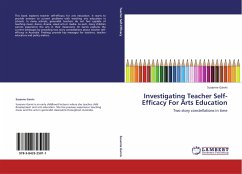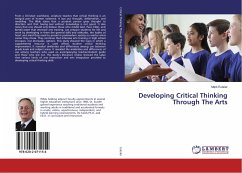Aboriginal people in Canada have a lengthy history of having education policies forced upon them, often without their participation in the decision-making process. The most commonly-known example of this is the residential school system, in which the government attempted to eradicate Aboriginal culture and language under the guise of civilizing Aboriginal people. Today, at all levels of education, Aboriginal students in Canada experience higher dropout rates, poorer attendance, and lower graduation rates than non-Aboriginal students, due in part to culturally irrelevant education. Aboriginal people now have greater control and input, and this has led to more relevant cultural content within Aboriginal education. In this study, I developed an Aboriginal Music and Art course for Aboriginal students. My purpose was to determine if the students' educational experience would improve if Aboriginal music and art were added to their curriculum and if they had a voice in determining curriculum. The results of the study showed that involving Aboriginal students in their own culturally relevant education leads to the students having a more positive educational experience.
Bitte wählen Sie Ihr Anliegen aus.
Rechnungen
Retourenschein anfordern
Bestellstatus
Storno

